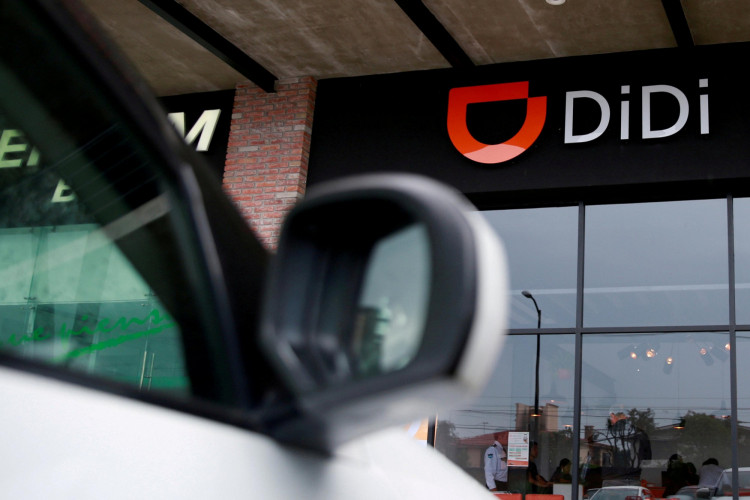Chinese ride-hailing giant Didi Chuxing has formed an alliance with automotive manufacturer BAIC Group to develop highly customized autonomous new energy vehicles to contribute to the country's push for smart mobility. The company signed a strategic partnership with BAIC as part of its wider goal of expanding its autonomous driving business.
In a joint statement, Didi and BAIC revealed that they will be collaborating in the development of new high-level self-driving vehicle models. To achieve this goal, both companies will be joining forces in the research and development of advanced automotive technologies, such as artificial intelligence, integrated software, and advanced manufacturing processes.
Through the collaboration, both companies are aiming to promote the further industrialization of autonomous driving platforms across the country to help remedy the underlying issues plaguing its transportation infrastructure. Both companies are hoping that accelerated enhancements would drive further adoption of new technologies to spur economic recovery and future growth.
Didi and BAIC stated that they will mainly be focusing on the development and commercialization of level-four autonomous-driving vehicle platforms. These types of vehicles will be capable of traveling from point A to point B without human drivers.
The partnership is the latest collaboration between the two Chinese firms, which had already formed a joint venture company back in January. The joint venture was established mainly to develop new energy vehicles, utilizing the latest in hybrid and battery-powered drivetrain technologies.
Analysts have pointed out that BAIC can leverage Didi's massive transportation and customer database, which it had accumulated throughout its ride-hailing operations. At the same time, Didi can take advantage of BAIC's experience in developing advanced new energy vehicle platforms. By combining their strengths, the two companies can become key players in the rapid industrialization and commercialization of self-driving new energy vehicles in China.
Didi has received major funding from investment groups worldwide. In May, the company announced that it had received a $500 million injection from a group led by Japanese conglomerate SoftBank Group. The added funds were used to further advance the company's deployment of self-driving vehicles throughout China and abroad.
Currently, Didi is operating automated ride-hailing fleets in major Chinese cities such as Beijing, Suzhou, and Shanghai. The company is also running test vehicles in the United States, namely in the state of California. In China, Didi has received major support from the government, which is stepping up its efforts to adopt smart mobility technologies.
In February, China unveiled new blueprints for standards that will be implemented for autonomous vehicles by 2025. This included plans for accompanying infrastructure, legislation, safety protocols, networks, and supervision.






